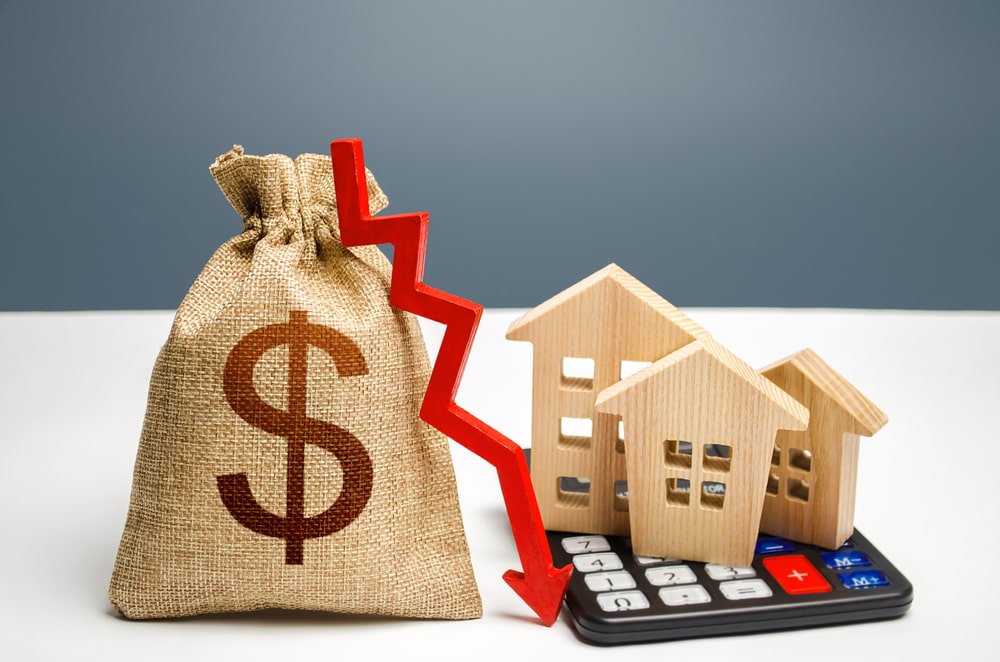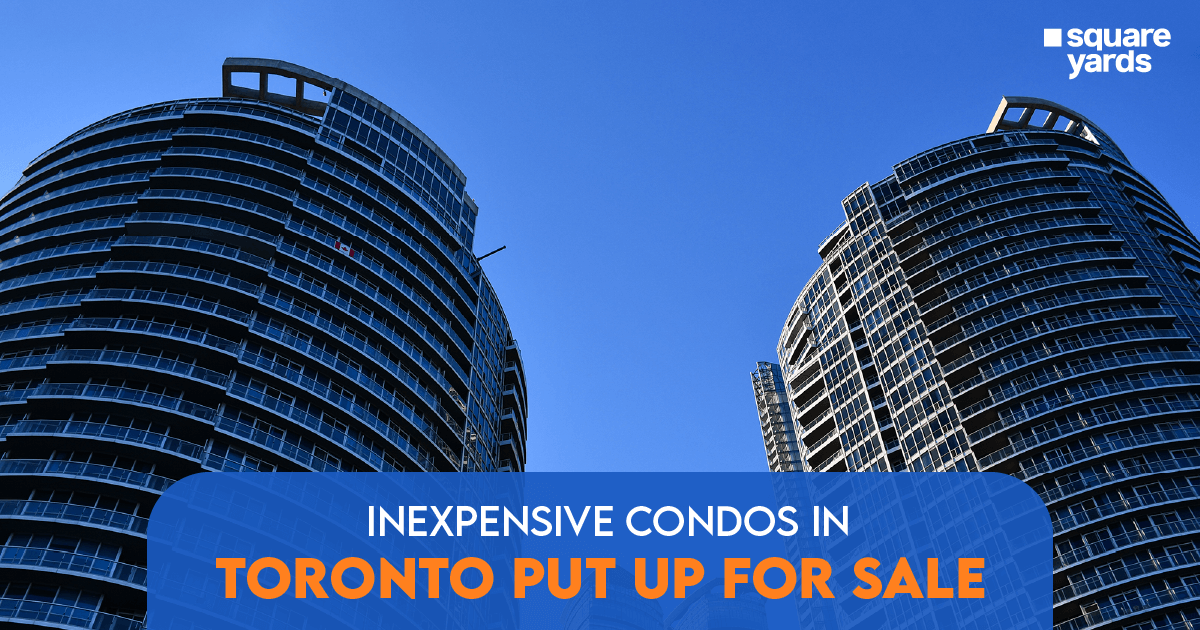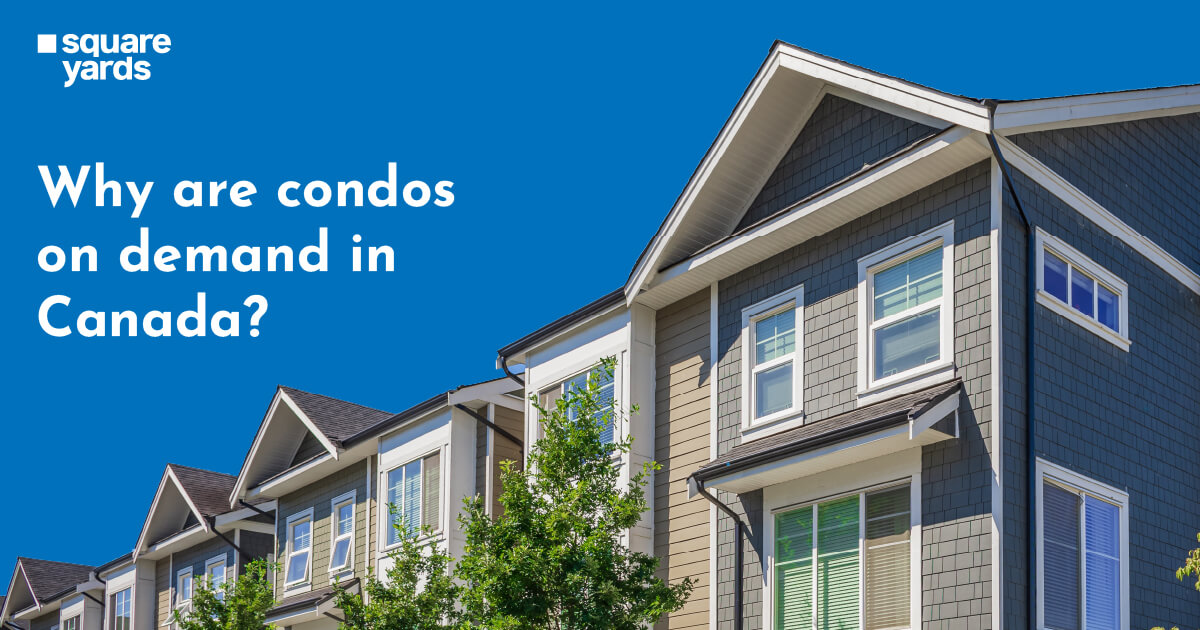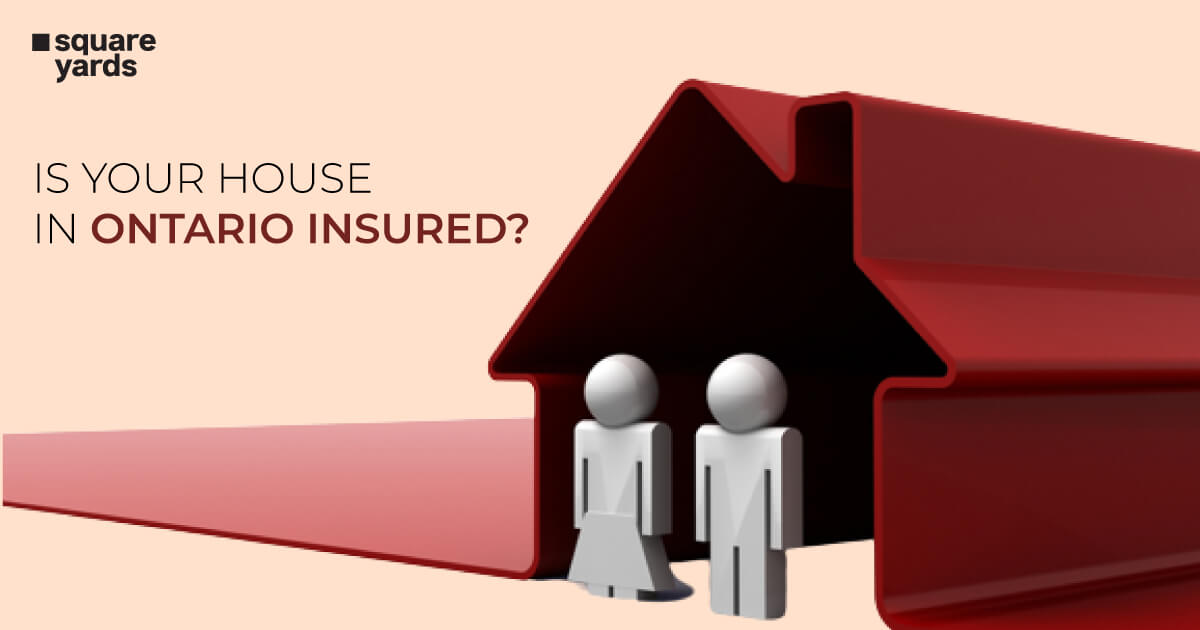Buying our own home has always been a dream for many of us. It means success to some and additional financial support to others. But purchasing a property with an inconvenient price bracket creates a space of discomfort and risk associated with it. Residential properties in the world are reaching heights in terms of prices, and still, purchasers feel unsatisfied and compromised on investment. Though, it is massively believed that benefits of homeownership is the security to work towards fulfilling. But is it true in today’s scenario?
Currently, cities like Toronto and Vancouver offer ample lavish properties and some compact housing where the quality of living may or may not depreciate. This example will help you understand the massive difference between a house with convenient amenities in a reputed locality and a compact room of walls in a big city. In this piece, we will be discussing the benefits of homeownership you may look for rather than settling for less.
Homeownership Trend Over the Years
The bygone days clearly define how things in the real estate market have changed. Let’s look at the example of the Canadian homeownership history. The survey tells us that almost 77% of the residents have to decide to save for retirement over homeownership. In contrast, 66% of the population feel that purchasing their own home is expensive and exceeds the boundaries of their affordability. Hence, it impacts their financial stability in the long term.
Typically, if we look at another instance outside Canada, the USA, at the start of the 20th century, had reported half of the American public owning their own homes. As per the National Association of Realtors (NAR), the rate hovered around 45% during the Great Depression. However, in the 1950s, there was a 55% increase in homeownership, and this trend continued to rise throughout the period.
In 2005, the homeownership rate peaked at 70%, although it wavered a little during the recession. Though the gradual increase in the population never declined the percentage of home purchasers, comparatively less availability of suitable properties resulted in the hike in competitive affordability. For in-depth understanding, homeownership is counted under different socio and economic umbrellas that consider the property to be worth investing in or not.
Benefits of Homeownership Under Financial and Social Brackets
Housing investment is prominently connected to the financial benefits one wants to ensure, but it also impacts our social status. This bluntly means we add not only a tangible asset but also goodwill with our name. What are those major social considerations we may gain in homeownership? Let’s learn below:
-
Future Financial Benefits of Homeownership
Benefits of Equity
The primary value that you put in an asset is counted as equity for the same. With each month, the equity at your home will be driven towards you. This may sound like the same payment processing you perform to pay your rent. But it is completely different because this deduction is coming back to you with multiple perks rather than flourishing your landlord’s bank account. This reasoning will help you to reach further heights with homeownership more prominently.
Long-term Security
Purchasing a house is not an easy deal. You need to be researching the best property, complete the documentation and invest incredible sources. But the return is thrice sparkling to the efforts made initially. The obvious advantage is being secure about the future when you may be retired or expanding your properties. If you do not own a house currently, you can relate to the hustle and bustle of tenant living style. If you are already a homeowner, the tremendous perks may remind you to make a recurring investment in a physical property.
Extended Wealth
Houses are a legacy for many who have been blessed to have them through their ancestor’s investment planning. Similarly, you may also build up your prosperity by purchasing property at different ranges in different sites. This helps you with financial security and gains you commercialised incomes like property rental. Including this, you may also get one particular asset to be a source of your reinvestment while you sell the old one and partake in a more fruitful investment.
-
Worthful Tax Benefits of Homeownership
In Canada, homeownership is treated differently than any other assets one holds. Where the fixed deposits and bonds have taxation similar to wages and salaries, homeowners enjoy the non-taxation perk. For instance, if a house valuation is $600,000, the tax saving on it will be $600,000 with a mortgage of 90% and CAD 15,769 if the mortgage is not applied.
A joint family where children are also living and under the care of the homeowner can avail of a tax benefit favourably. Here, the deferral rates are accountable at a low rate, with 1% for seniors and 2.7% for their families. This is only considered under the umbrella of deferral taxes with no interest generation on the finance.
The government encourages the idea of homeownership by granting benefits to the aged population also with tax relaxation. In this regard, it counts up to CAD 722 to CAD 975 for homeowners worth $1,200,000 or below. At the same time, citizens the age of 65 and above may benefit from CAD 1,070 to CAD 1,323 tax compensation.
Interest Deduction through Mortgage
The amount of interest rate you pay in a home mortgage is tax-deductible. This means that homebuyers can avail the privilege of reducing their taxable income by the interest rate deduction.
Rent Imputation
The imputed rent hack works like you being the homeowners and landlord simultaneously. But for precise information, rental properties are tax-deductible, so you need to pay the rent with your profit rates from this source. But if you reside in the same house provided for rent, the problem is solved. Therefore, it is advisable to be wise enough to follow the imputed rent method.
Property Tax Deduction
There is a juristic rule of paying tax on properties owned by an individual. But homeowners can be saved from taxable income by showing their deductible property tax. This helps you balance the profit and enjoy the great pleasure of in-hand finance.
Benefits from Home Liquidity
Interestingly, there is a loophole in the capital gains tax where a homebuyer can be except for $250,000 while selling a property. Although, it is not as simple as it seems because there is an eligibility criterion to be fulfilled. But in case you stand eligible for all the requirements, you may excel with brilliancy.
-
Social Upgradational Benefits with Homeownership
Financial Education
The underrated factor of homeownership benefits is that the knowledge that comes with buying a home will be passed on to future generations. When someone buys a house for the first time, multiple things are unknown and confusing to them. But the whole step will lead to a forever market research that will last for years to come. It opens the door for a potential property purchase and helps you find futuristic opportunities for betterment. Point to be noted that these ideas cannot be embraced by a broker or a third party but by oneself by experiencing the processing in reality.
Civic Participation
Homeowners are likely to reside longer in an area. This also means that they are responsible for maintaining their property and surrounding areas with effectiveness. This eventually works out to be an act of civic participation where long term residence in a neighbourhood may allow you to understand better local politics and community organising skills, which leads to extended civic participation.
Unexpected Health Benefits
The studies from NAR disclose that a homeowner has more self-rated health and stability in comparison to non-homeowners. This study also showed that homeowners have higher perceived control of their lives and higher self-esteem and overall happiness.
Low Crime Rates
Homeownership also carries the added incentive to deter neighbourhood crimes compared to renters because of their close ties to an area. Localities with higher homeownership rates tend to have more voluntary crime prevention programmes and significantly lesser property crimes when compared to markets dominated by rental properties.
Property Improvement
Enhancing or customising the property as per oneself preferences is another benefit of homeownership. Compared to rental properties, owner-oriented houses are more flexible with maintenance which also adds value to the future benefits. Additionally, owner-occupied properties tend to be better maintained than rental properties – creating another benefit for homeownership.
Security and Privacy
Compared to an apartment, living in a home often provides people with more privacy. In most instances, you will not be sharing walls or spaces with other tenants. Being a homeowner, you get to decide who comes home and does not, instead of receiving letters from the landlord. Many first time homeowners relish this level of privacy after buying a property.
End Thoughts
In whichever aspect we look at, the answer for owning a worthy property is always favourable over renting. It creates the scope for disposable income and higher profit-making investment. Several families have their properties as their backups or even the main source of income. This financial stability needs years of market research and an enthusiastic action plan to grab the best deal. This may not occur in a few weeks, but today’s approach will undoubtedly give you profitable returns in the future.
You May Also Read
| Questions to Ask a Realtor | Hidden Costs of Buying a House in Canada |
| Buying vs Renting Homes | Affordably Home Buying tips in Canada |
| Buying vs Renting | Property Buying in Canada for Non-Residents |
Frequently Asked Questions
Homeownership is a solid investment, especially for the future, as you no longer have to deal with landlord hassles. Owning a house provides financial security along with tax benefits on home loans. You have no compromises to make while living on your property. And most importantly, an individual possesses their asset.
Homeownership has its drawbacks under the guise of the process being a very costly affair; for example, mortgage payments can be higher than owner affordability, and property taxes will cost extra over such expenses. Staying in one property will call for a longer commitment unless you can afford another property.
Generally, one must invest in housing facilities for about 40% of their income. This may not create any overburden or obligatory situations while purchasing a home.
Some disadvantages of renting include no credit score, lack of living flexibility, maintenance issues, lack of control over living conditions, and no tax benefits. Is homeownership a good investment?
What are the disadvantages of homeownership?
How much should you spend on a house?
What are the disadvantages of renting?















